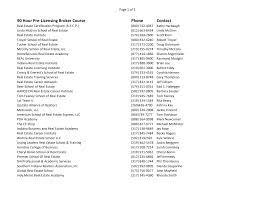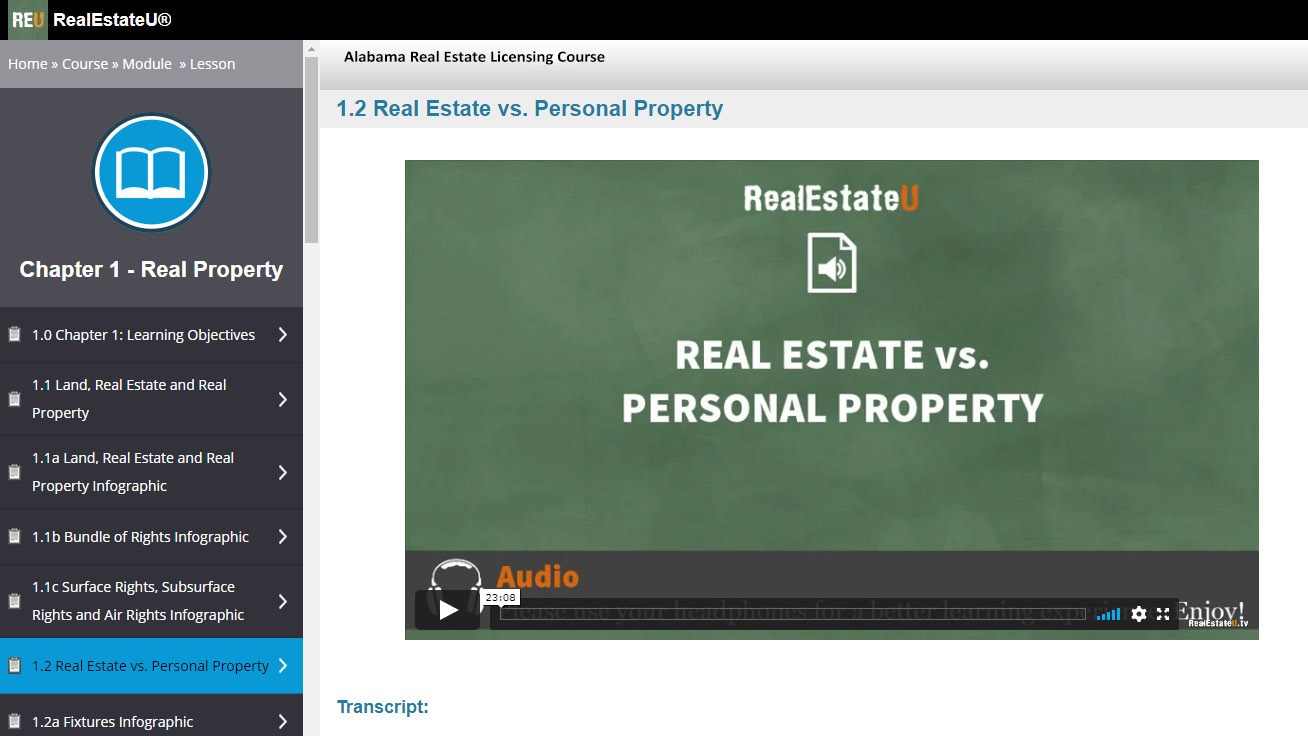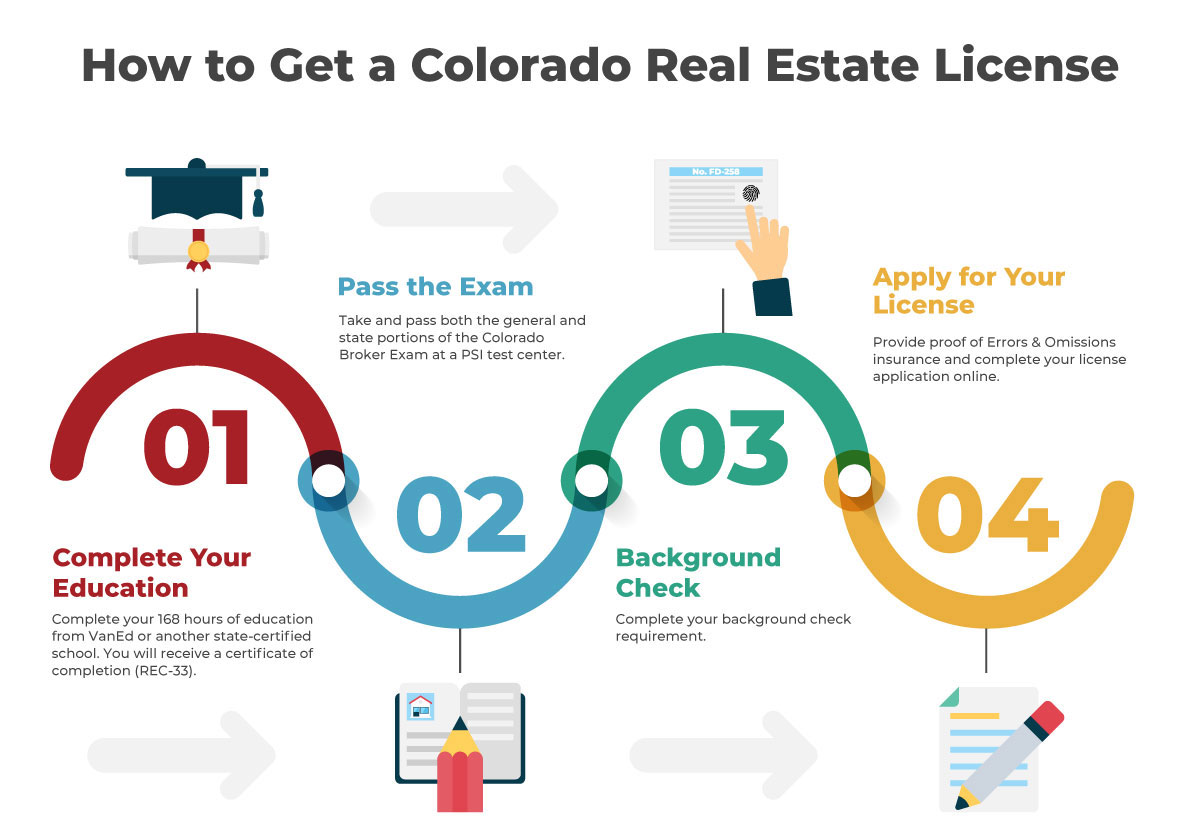
There are a number of things to consider when determining if being a real estate broker is the right career path for you. These could include getting your license and interacting with real estate professionals. Earning money will be easier if you have more knowledge.
Getting a real estate license
A real estate license is a great choice if you are looking for a flexible career but require a lot knowledge. Real estate brokers are a relatively simple job that can bring in a steady income, unlike other occupations that require years of experience. The key to becoming a successful real estate broker is to be self-motivated, have good community connections, and be willing to work hard. While the earning potential is huge, it's also important to understand that you will have competition.
Passing a test is necessary to become licensed to sell real estate. This test is hard and many people fail it the first time they attempt. In fact, some people never even pass it. You'll need a score of 70 percent or higher in order to pass the exam. In order to pass the exam, you must have answered at most 53 questions.
Getting clients from a real estate broker
To increase the number of clients you have from your brokerage, you need to be online. Events that are focused on real estate and your niche can be hosted to help build connections and share information. You can also host social events that allow you to meet potential customers.

First, you must create a website that is attractive to potential clients. You should also promote your free services. These services can include free photography or a comparative analysis of the market. These are optional but can save clients hundreds of dollars.
As a real-estate broker, you can earn a living.
You can make a good living as a real estate broker. This is a great opportunity to share your expertise and knowledge about the local housing market with others. This job is highly flexible and can involve working evenings and weekends. As with any other profession, it is important to conduct proper research and learn about licensing and other requirements before starting out. In order to register as a real estate agent you may need to have your background checked and fingerprinted.
A real-estate broker's income can be extremely lucrative. Austin's real-estate broker can earn $88,996 an year. This is 13% less than the national median. Nearly one million people live in this city, which is rapidly growing due to its tech scene. This is great news for agents who are looking to work in a city with a growing population. A real estate agent's average commission is between 3 and 7 percent depending on where they are located and what the average sale price is.
Partnering with other real estate professionals
As a broker, you have to work with people from all walks. The work of a real estate broker can be challenging. You may also have to work weekends and long hours. This field can have a demanding workload. You need to be able and comfortable working under intense stress. You will also need to manage multiple properties and manage uncertainty.
As a realty broker, you will need to be in close contact with other professionals and keep abreast of changing market conditions. To be able to complete tasks on time, you will need to have discipline. To be successful, it is crucial to set daily goals and plan your work for weeks and months in advance. It's important to schedule time for professional development and networking.

Stress at work
Many real estate agents work under a lot stress. They have to deal not only with angry buyers and sellers who are desperate, but also with strict mortgage lenders. All of these factors can lead to high stress levels, which can impact your physical health.
Stress can be overwhelming but some people thrive in it. There are ways to balance work and family life. Some stress management tips can help you manage real estate pressures.
FAQ
Can I afford a downpayment to buy a house?
Yes! Yes. There are programs that will allow those with small cash reserves to purchase a home. These programs include conventional mortgages, VA loans, USDA loans and government-backed loans (FHA), VA loan, USDA loans, as well as conventional loans. You can find more information on our website.
How much does it cost to replace windows?
Window replacement costs range from $1,500 to $3,000 per window. The total cost of replacing all your windows is dependent on the type, size, and brand of windows that you choose.
What are the chances of me getting a second mortgage.
Yes. But it's wise to talk to a professional before making a decision about whether or not you want one. A second mortgage can be used to consolidate debts or for home improvements.
What are the benefits associated with a fixed mortgage rate?
Fixed-rate mortgages allow you to lock in the interest rate throughout the loan's term. This means that you won't have to worry about rising rates. Fixed-rate loans come with lower payments as they are locked in for a specified term.
What is a reverse loan?
Reverse mortgages allow you to borrow money without having to place any equity in your property. You can draw money from your home equity, while you live in the property. There are two types: conventional and government-insured (FHA). You must repay the amount borrowed and pay an origination fee for a conventional reverse loan. FHA insurance covers the repayment.
How can I determine if my home is worth it?
If you have an asking price that's too low, it could be because your home isn't priced correctly. If you have an asking price well below market value, then there may not be enough interest in your home. For more information on current market conditions, download our Home Value Report.
Statistics
- Over the past year, mortgage rates have hovered between 3.9 and 4.5 percent—a less significant increase. (fortunebuilders.com)
- Some experts hypothesize that rates will hit five percent by the second half of 2018, but there has been no official confirmation one way or the other. (fortunebuilders.com)
- When it came to buying a home in 2015, experts predicted that mortgage rates would surpass five percent, yet interest rates remained below four percent. (fortunebuilders.com)
- This seems to be a more popular trend as the U.S. Census Bureau reports the homeownership rate was around 65% last year. (fortunebuilders.com)
- Based on your credit scores and other financial details, your lender offers you a 3.5% interest rate on loan. (investopedia.com)
External Links
How To
How to Manage A Rental Property
Renting your home can be a great way to make extra money, but there's a lot to think about before you start. We will show you how to manage a rental home, and what you should consider before you rent it.
Here are some things you should know if you're thinking of renting your house.
-
What is the first thing I should do? Before you decide if your house should be rented out, you need to examine your finances. If you have outstanding debts like credit card bills or mortgage payment, you may find it difficult to pay someone else to stay in your home while that you're gone. It is also important to review your budget. If you don't have enough money for your monthly expenses (rental, utilities, and insurance), it may be worth looking into your options. It might not be worth the effort.
-
How much will it cost to rent my house? There are many factors that go into the calculation of how much you can charge to let your home. These include factors such as location, size, condition, and season. You should remember that prices are subject to change depending on where they live. Therefore, you won't get the same rate for every place. Rightmove reports that the average monthly market price to rent a one-bedroom flat is around PS1,400. This means that your home would be worth around PS2,800 per annum if it was rented out completely. It's not bad but if your property is only let out part-time, it could be significantly lower.
-
Is it worthwhile? You should always take risks when doing something new. But, if it increases your income, why not try it? It is important to understand your rights and responsibilities before signing anything. You will need to pay maintenance costs, make repairs, and maintain the home. Renting your house is not just about spending more time with your family. Before you sign up, make sure to thoroughly consider all of these points.
-
Are there any benefits? So now that you know how much it costs to rent out your home and you're confident that it's worth it, you'll need to think about the advantages. You have many options to rent your house: you can pay off debt, invest in vacations, save for rainy days, or simply relax from the hustle and bustle of your daily life. It's more fun than working every day, regardless of what you choose. Renting could be a full-time career if you plan properly.
-
How can I find tenants? After you have made the decision to rent your property out, you need to market it properly. Online listing sites such as Rightmove, Zoopla, and Zoopla are good options. After potential tenants have contacted you, arrange an interview. This will enable you to evaluate their suitability and verify that they are financially stable enough for you to rent your home.
-
How can I make sure I'm covered? You should make sure your home is fully insured against theft, fire, and damage. In order to protect your home, you will need to either insure it through your landlord or directly with an insured. Your landlord will usually require you to add them as additional insured, which means they'll cover damages caused to your property when you're present. This does not apply if you are living overseas or if your landlord hasn't been registered with UK insurers. You will need to register with an International Insurer in this instance.
-
Sometimes it can feel as though you don’t have the money to spend all day looking at tenants, especially if there are no other jobs. But it's crucial that you put your best foot forward when advertising your property. Post ads online and create a professional-looking site. A complete application form will be required and references must be provided. Some people prefer to do everything themselves while others hire agents who will take care of all the details. Interviews will require you to be prepared for any questions.
-
What should I do once I've found my tenant? If you have a lease in place, you'll need to inform your tenant of changes, such as moving dates. Otherwise, you can negotiate the length of stay, deposit, and other details. Keep in mind that you will still be responsible for paying utilities and other costs once your tenancy ends.
-
How do you collect the rent? When the time comes for you to collect the rent you need to make sure that your tenant has been paying their rent. You will need to remind your tenant of their obligations if they don't pay. After sending them a final statement, you can deduct any outstanding rent payments. If you're having difficulty getting hold of your tenant you can always call police. They will not usually evict someone unless they have a breached the contract. But, they can issue a warrant if necessary.
-
How can I avoid problems? Renting out your house can make you a lot of money, but it's also important to stay safe. You should install smoke alarms and carbon Monoxide detectors. Security cameras are also a good idea. You should also check that your neighbors' permissions allow you to leave your property unlocked at night and that you have adequate insurance. Do not let strangers in your home, even though they may be moving in next to you.